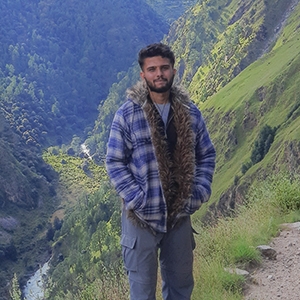Trekking has seen a massive wave in popularity in recent years. With improved access, contemporary gear, and better infrastructure, the mountains have become more reachable than ever before. But there was a time when trekking wasn’t just an adventure, it was a journey of disconnection from convenience and reconnection with nature, people, and a deeper sense of purpose. Back then, it wasn’t only about the summit or the destination, it was about every step you took, every story you shared, and every challenge you faced along the trail. Treks felt raw, untouched, and genuine. You carried your backpack, ate the same meals as the locals, and spent evenings under candlelight in smoky teahouses exchanging stories. These days, something about that feeling seems to be fading.
Trekking used to be about the dust on your boots and the blisters on your feet, about sharing tea in smoky village kitchens, breaking down language obstacles over plates of dal bhat, and shared laughter. It was about walking for days on end, ignoring what day it was, and slowly finding pieces of yourself along the route. But somewhere down the trail, between the stable search for Wi-Fi and the rise of helicopter tours, we’ve drifted off course. Mass tourism has only boosted the problem. Trails have become overcrowded, delicate ecosystems are under pressure, and local cultures risk being reduced to souvenirs. Helicopters, once committed for emergencies, are now used regularly just to skip the hard part, turning a deeply humbling trip into a quick, curated photo session. The rising popularity of trekking is rarely met with the responsibility it demands, from the traveler toward the landscape, the people, or even within.
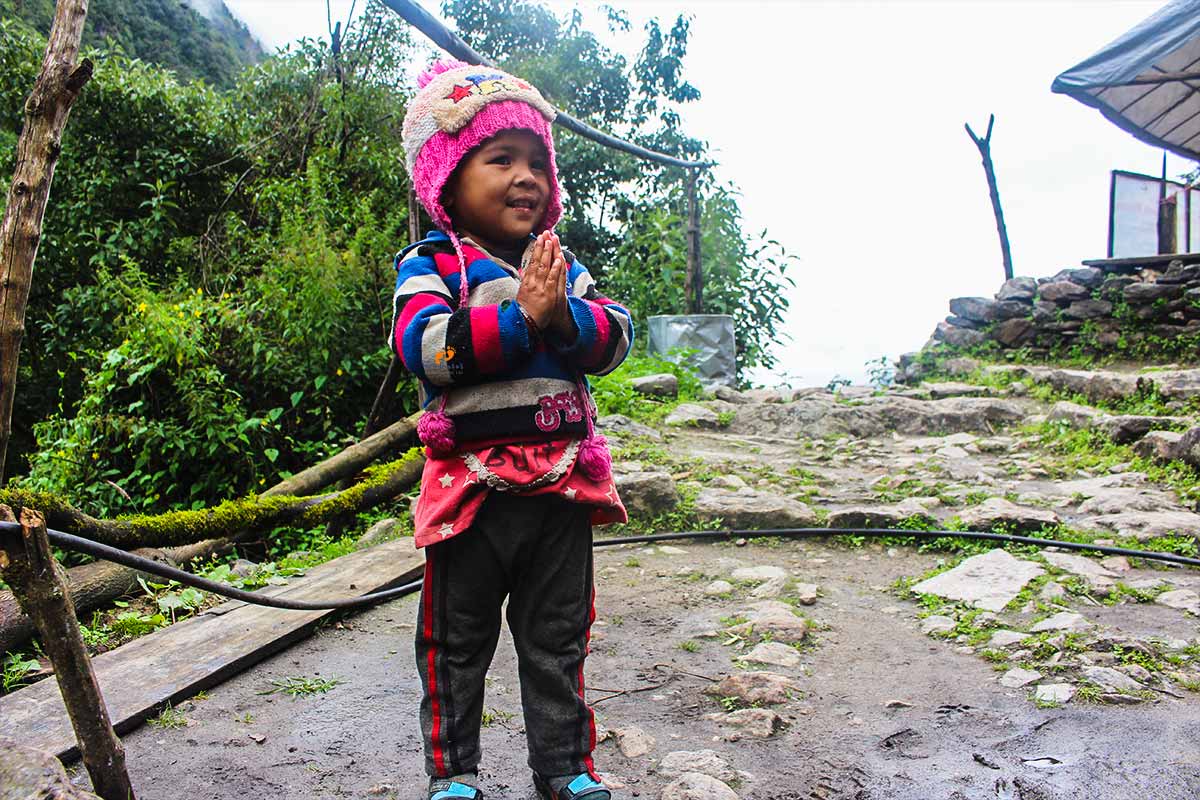
More and more travelers are starting to seek out real, authentic experiences, and this shift in mindset deserves more engagement. People are slowly returning to the charm of village homestays, multi-day treks that steer away from the regular routes, and journeys centered around connection rather than just photographing that final selfie at base camp. These are the kinds of treks where you pause to hear what the mountains have to say, where you cook alongside your host family, and where you begin to feel the heartbeat of an isolated village.
But right now, the true essence of trekking feels like it's under threat. So maybe it’s time we all pause and ask ourselves: Has trekking remained a soulful journey, or have we turned it into just another item to check off our bucket list?
Trekking Then vs Now
Back in the day, trekking in Nepal and throughout the Himalayas was all about curiosity, pushing personal limits, and diving into a way of life completely different from the norm. Trekkers carried their gear/equipment, followed unmarked trails, camped under the stars, and built genuine relations with the people they met along the way. There was no rush, just an exposure to live the mountain life in its most honest and rugged form.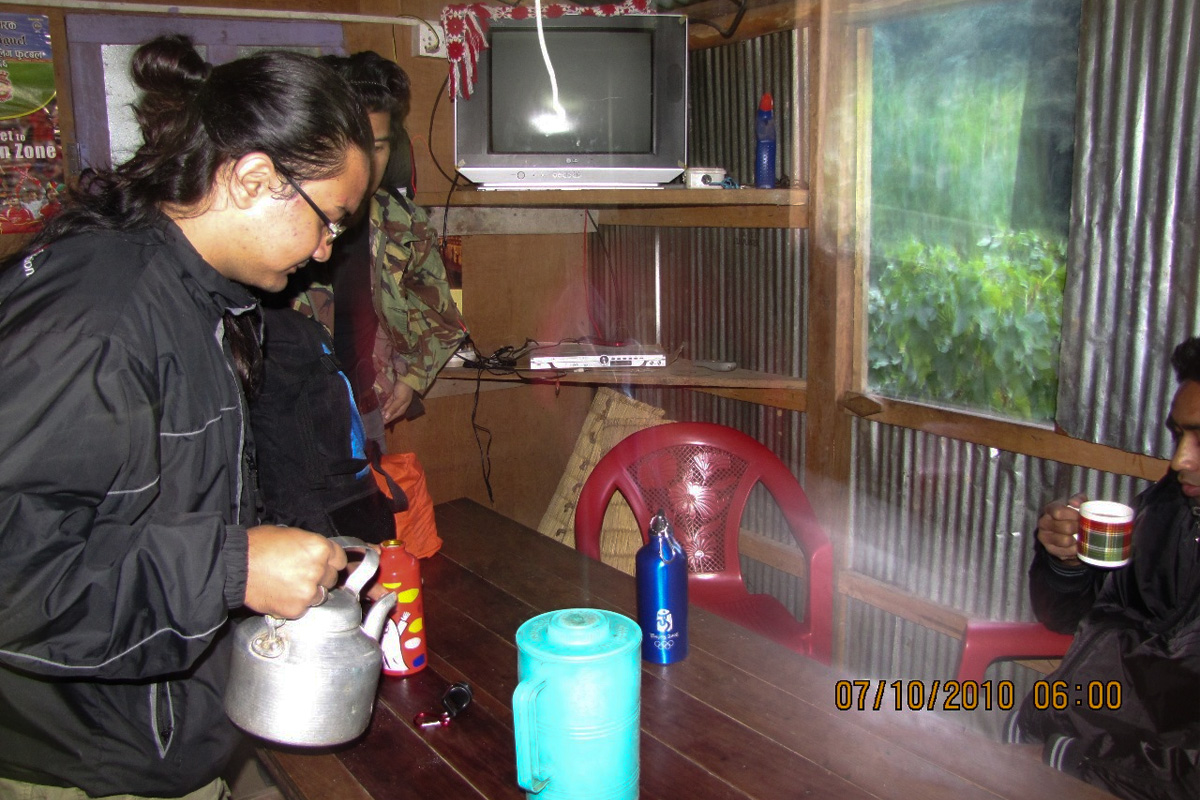
But things are transforming. While more people are hitting the trails today, the essence of trekking is slowly shrinking. The focus has shifted toward consolation and convenience, with experiences that often reproduce city life rather than offer an escape from it. Trekkers now ask for attached bathrooms, endless electricity, heated rooms, and hot showers, even at altitudes above 4,000 meters. The fact is, when comfort becomes extreme, it starts to chip away at the raw beauty and authenticity that once defined the trekking experience.
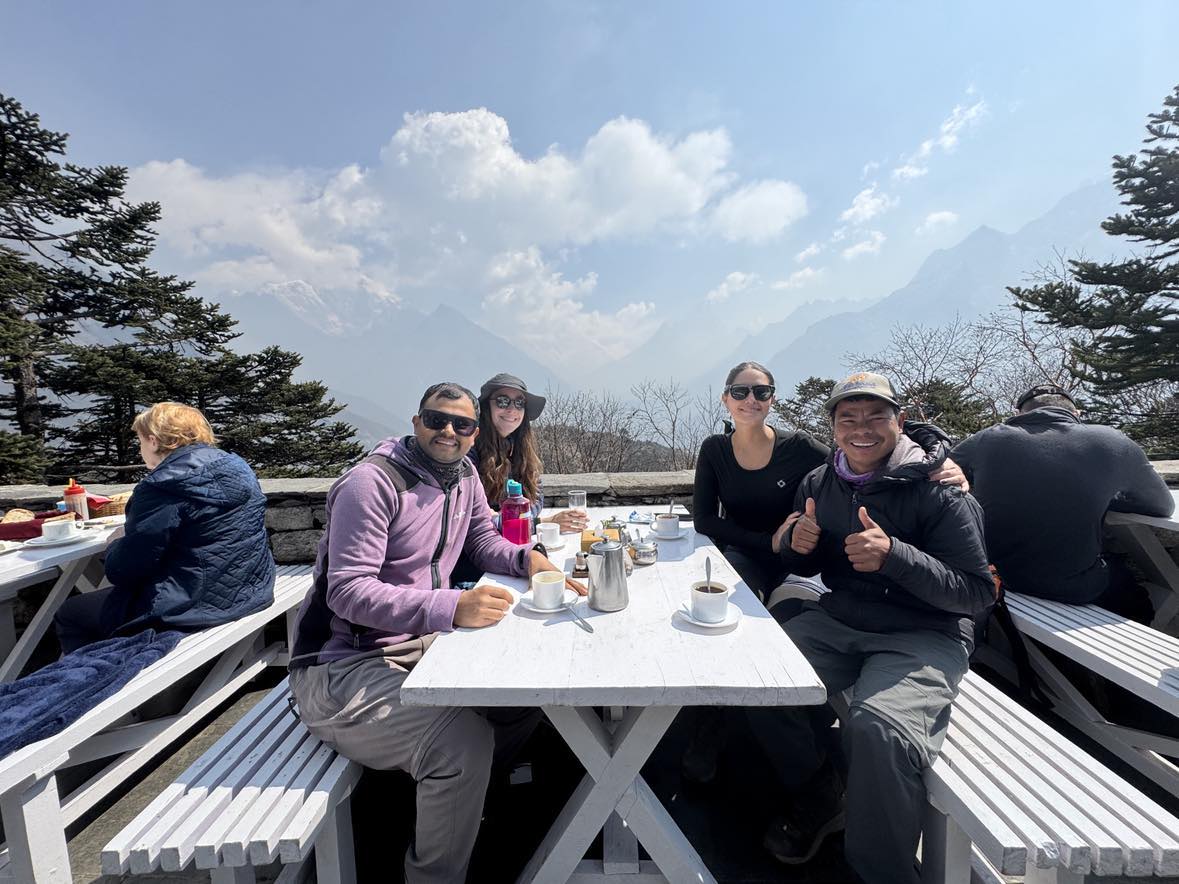
Less Responsible & More Demanding
Lately, we’ve seen a growing number of what you might call ‘convenient trekkers’, those who expect every segment of their journey to be taken care of, yet show little awareness of their influence on the environment or local culture. Many leave garbage behind, ignore cultural customs, and treat holy places as nothing more than photo places.
But the mountains owe us nothing, we’re just guests in their expansive, ancient presence. And yet, as trekking gains popularity and rules remain loose, we’re starting to see the gaps, such as littered footpaths and overcrowded teahouses.
It’s time we shift our practice. Let’s travel with more awareness, more respect, and a greater sense of commitment. The mountains deserve nothing less.
The Mass Tourism Dilemma
Mass tourism has undeniably brought financial benefits. But it has also brought crowds and exploitation of culture. Iconic trails like the Annapurna Circuit and Everest Base Camp have started to lose their essence under the weight of volume.
The challenge is not the number of trekkers, it’s the type of tourism we encourage. If the focus remains only on bucket list accomplishments and fleeting itineraries, we’ll continue to degrade the trails we love.
/trekking.jpg)
Burden on Trek Leaders & Support Teams
This shifting trekking culture is not just changing how people experience the journey, it’s also putting serious tension on trek managers and support teams. Instead of focusing on safety, creating group relations, or sharing meaningful stories, they now spend more time haggling with objections, managing expectations, and trying to keep everyone relaxed. These distractions pull dynamism away from what truly matters on a trek.
Even more concerning is the visible impact this trend is having on the environment. As more people hit the trails without proper understanding, we’re seeing more waste, growing disrespect for wildlife, and increasing harm to the delicate ecosystems that make the high Himalayas so unique and vulnerable.
Seeking Too Much Comfort
The growing demand for comfort has started to wash out the true essence of trekking. These days, it’s not uncommon to hear portable speakers echoing through serene trails or see luxurious campsite setups complete with tables, chairs, and even heating supplies. Bit by bit, the rawness of the wild is fading. What’s even more troubling is the rise of an attitude where trekkers expect more courtesies, cheaper rates, and minimal effort. In chasing comfort, some forget that the guides and teahouse owners supporting their travel have spent their whole lives in these tough landscapes. Their resilience, warmth, and genuine hospitality deserve far more than just a brilliant online review, they deserve real gratitude and respect.

Helicopters: Crisis or Convenience
Helicopters, once booked for true emergencies, have now become a regular comfort, used not just for descent but increasingly for ascent too. In the Everest region especially, heli traffic has soared due to rising demand for shorter itineraries, social media influence, and the rush to “get to the destination fast.”
But every unnecessary flight creates an impact, not only on the environment through noise and fuel emissions, but also on the spirit of trekking itself. Trekking is meant to be slow, humbling, and highly immersive. So, what are we promoting when people skip the journey and fly out from base camp?
Are we still earning the mountains, or just trying to fast-forward through the very struggle that gives them meaning?
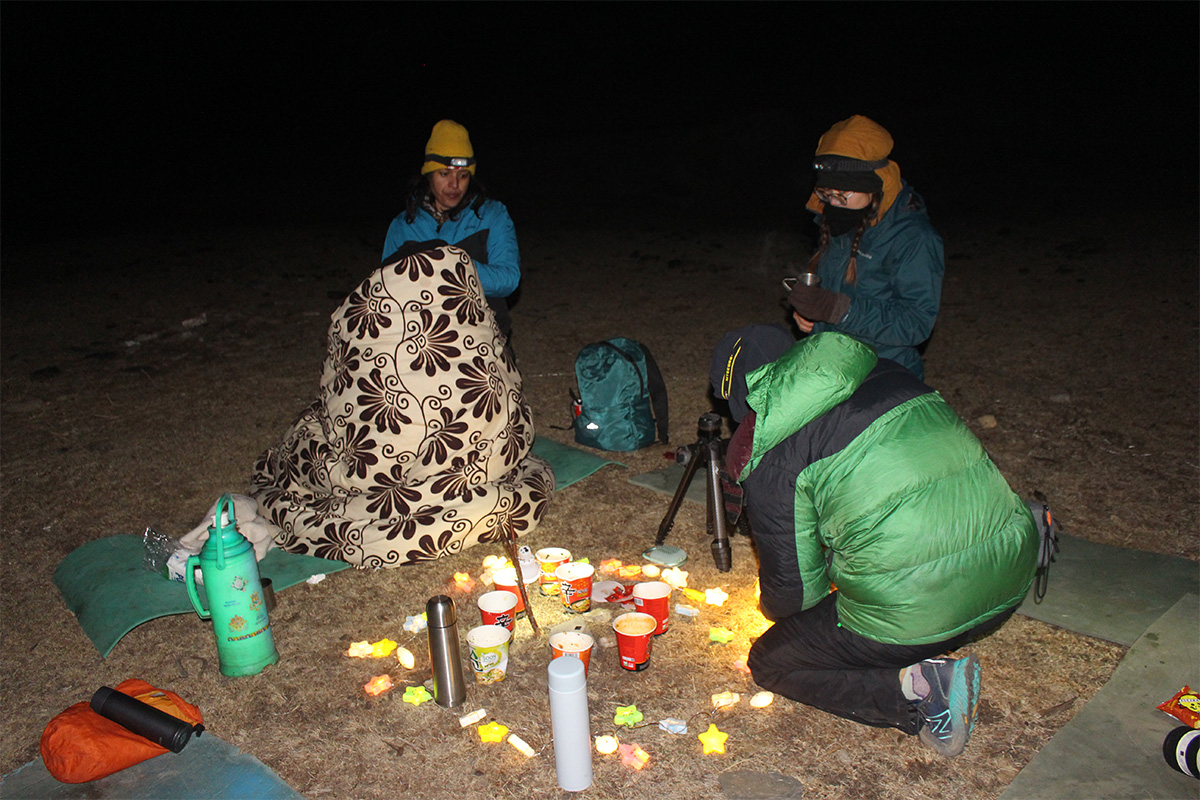
So, What’s the Way Forward?
Trekking can change us, but only when we approach it with humility, purpose, and mindfulness. Let’s not reduce this transformative adventure to just another weekend getaway focused on convenience and entitlement. We don’t need to give up trekking altogether, we simply need to reconnect with its soul. This doesn’t mean forgetting all comfort or convenience, but rather trekking with greater awareness, purpose, and respect.
Here’s how we can restore the true essence of trekking:
1. Choose Longer & Multi-Day Routes
Multiple-day treks off the beaten trail, like the Manaslu Circuit, Dolpo, or the Great Himalayan Trail, still offer that classic trekking charm. Yes, they require more time, but that’s the point. Let’s deviate the mindset from “How fast can I do it?” to “How deeply can I encounter it?”
2. Inspire, Empower, and Educate
As trekking experts, we can lead by example, educating guests about sustainability, setting standards for ethical travel, and fostering cultural immersion. We can redefine what it means to be a trekker, not just a tourist, but a learner and a listener.
3. Promote Experience-Based, Not Just Destination-Based Tourism Products
The purpose of trekking should never be just reaching Everest Base Camp or beating off Thorong La Pass. The real goal is what happens along the way: the relationships, realizations, challenges, and small moments that stay with you permanently.
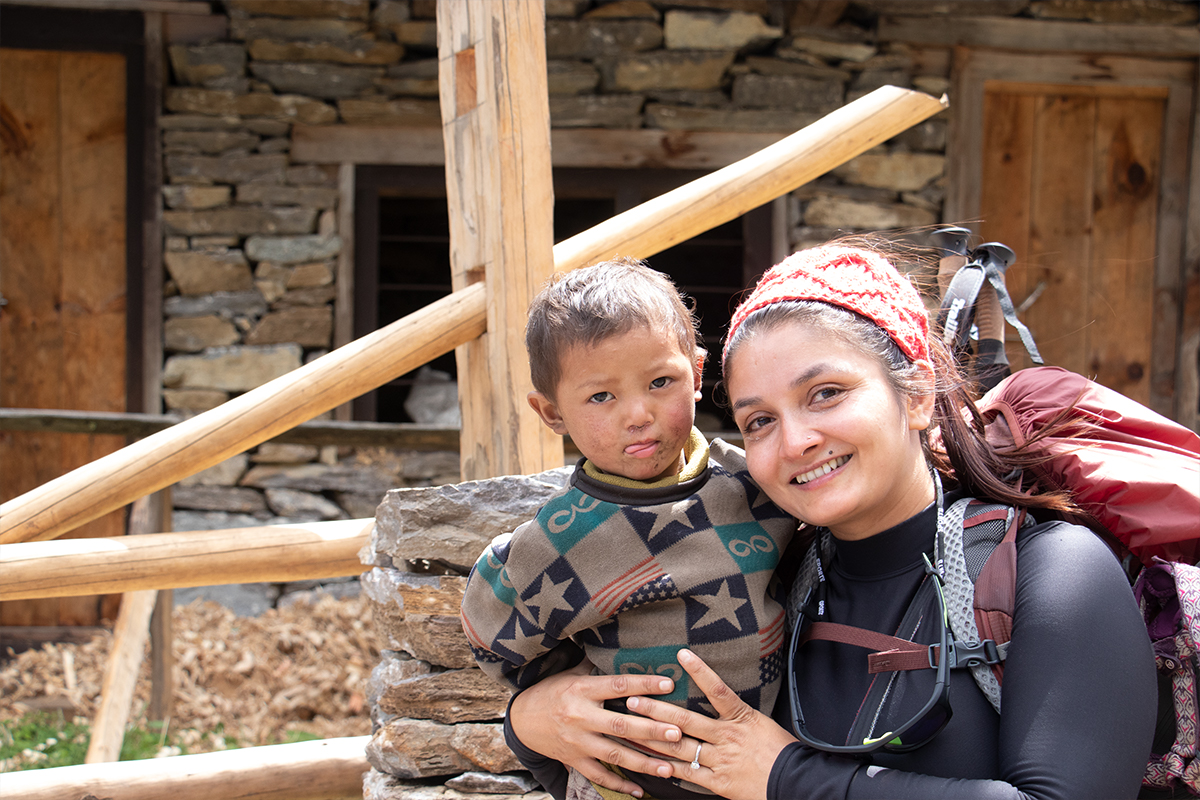
Let’s move away from a “summit-focused” practice and celebrate the richness of the journey.
4. Embrace Authentic & Homestay-Based Tourism
Stay in village homestays. Learn how people live, cook, and farm. Eat local, walk calmly, and ask queries. Village-based tourism extends financial benefits more evenly and brings back the personal connection that mass trekking usually lacks.
Some steps we can apply to preserve the essence of trekking include:
- Be part of a Crew & respect your crew: Believe your trek leaders and support team. They are there for your safety, not your full service. Trekking is not a solo game. Share tales. Walk in a group. Wait for every trek member.
- Prepare Smartly: Prepare physically, mentally, and emotionally. Comprehend that a trek involves challenge, patience, and discomfort. That’s the major point & fun.
- Leave No Trace: The mountain gave you its route & beauty. Do not try to leave a negative impact on the environment.
- Don’t Overpack: If possible, carry your own backpack. The act of carrying your own load cultivates humbleness and responsibility.
- Focus on Digital Detox in nature: Keep gadgets away unless required. Focus on hearing the sound of silence. Watch the dawn & dusk without filters.
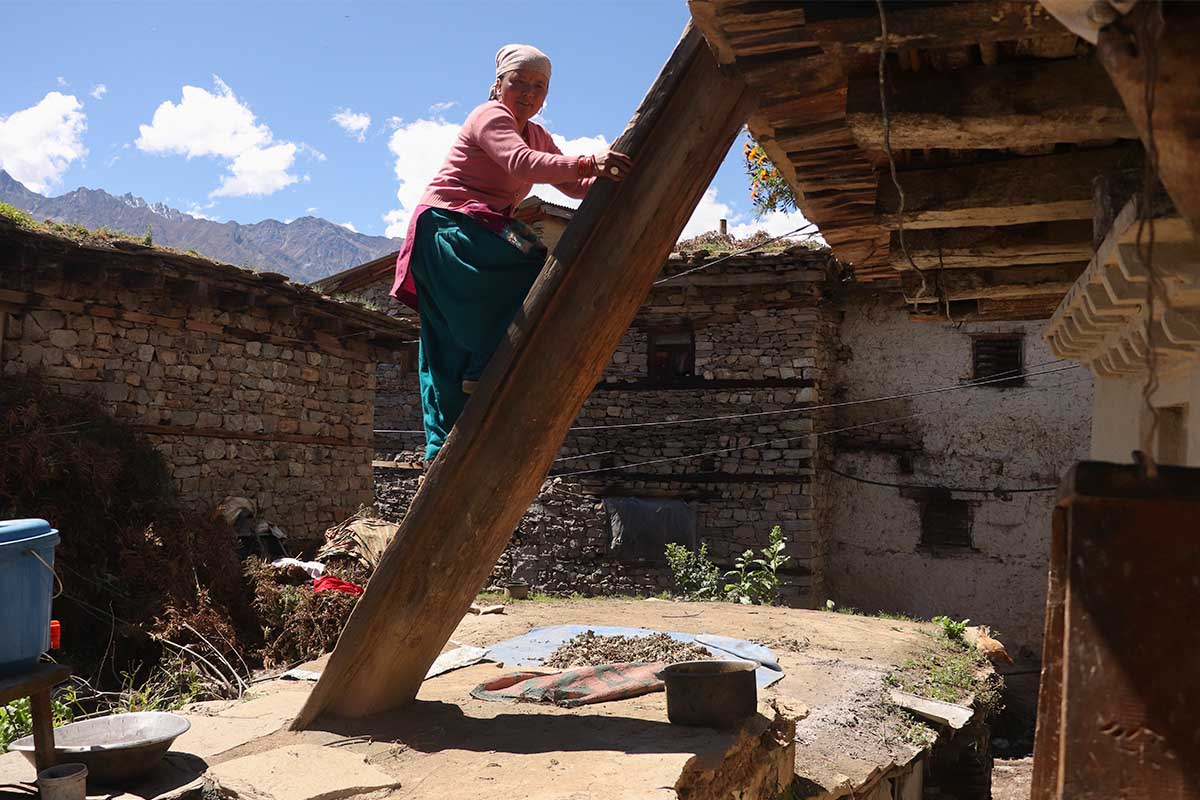
Read more about Digital Detox Treks in Nepal here!
In the end
We don’t serve the mountains, they serve us. And what they give us goes far beyond sensational views; they offer us perspective. Trekking was never meant to be about extra luxury or ease. It has always been about connection. A connection not just with the terrains, but with the people we meet, the stories we convey, the silence we adopt, and the challenges we overcome.
So let’s take it gradually. Let’s demand less and contribute more. Step by step, we can bring back the original essence of trekking.





/trekking.jpg)




